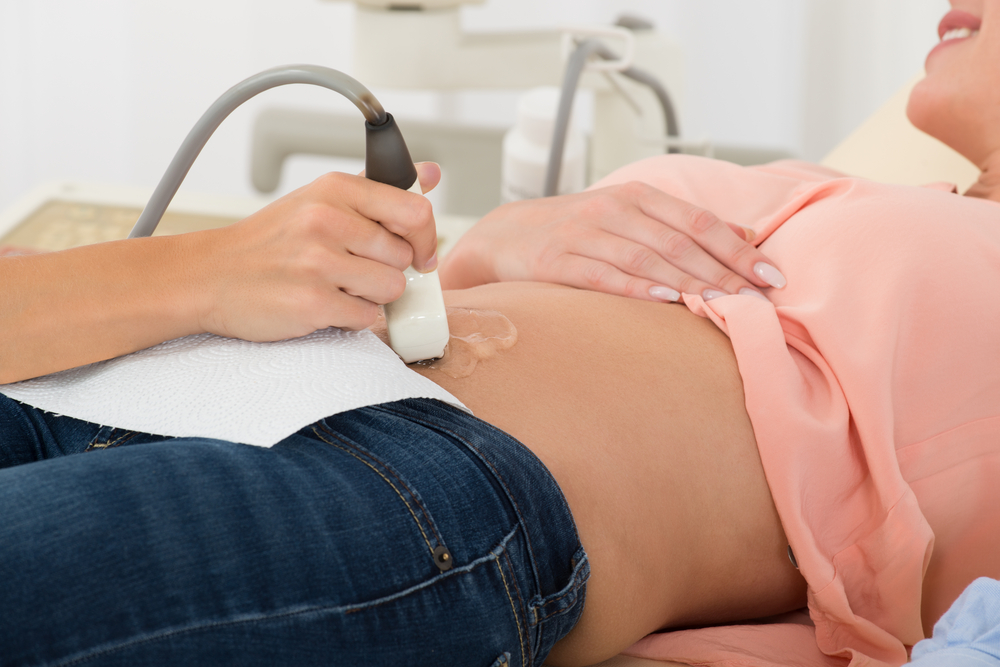Fertility preservation is a proactive approach to safeguarding a person’s ability to conceive in the future. With advancements in reproductive technologies, individuals have more control over their reproductive timelines than ever before. Whether due to medical reasons, personal choice, or the desire to delay childbearing, fertility preservation offers an array of benefits for those considering their future family planning options. At May-Grant OB/GYN, located in Lancaster, PA, our experienced team of providers helps patients navigate the choices available to them, ensuring personalized care and support through every step of the fertility preservation journey.
Fertility preservation involves storing reproductive cells or tissue—such as eggs, sperm, or embryos—for future use. This option is valuable for individuals who wish to postpone childbearing, those facing medical treatments that could affect fertility, or those with conditions that may compromise their reproductive health. There are several fertility preservation methods, including egg freezing (oocyte cryopreservation), sperm freezing, embryo freezing, and ovarian or testicular tissue preservation.
This approach provides individuals with flexibility and peace of mind, allowing them to focus on other life goals, such as career development, education, or medical treatment, while keeping the option of parenthood open for the future.
Key Benefits of Fertility Preservation
1. Delaying Parenthood While Preserving Fertility
In today’s society, many individuals and couples are choosing to delay parenthood for various reasons. Fertility preservation allows individuals to store their reproductive cells when they are most viable, often during the younger years when egg and sperm quality is optimal. By preserving fertility earlier, individuals can minimize the potential decline in reproductive potential that naturally occurs with age, thereby increasing their chances of a successful pregnancy later in life.
2. Protection During Medical Treatments
For individuals diagnosed with cancer or other medical conditions requiring treatments like chemotherapy, radiation, or surgery, fertility preservation offers a way to protect reproductive potential. These treatments can sometimes result in infertility or diminished fertility, making proactive preservation essential. By freezing eggs, sperm, or embryos before treatment, individuals can safeguard their chances of having biological children after their recovery.
At May-Grant OB/GYN, our providers work closely with patients facing such medical challenges to ensure timely fertility preservation options are available before treatments begin.
3. Providing More Time for Family Planning
Fertility preservation offers peace of mind for individuals who may not be ready to start a family but want to ensure that they have the option to do so in the future. This is particularly beneficial for those who are focused on other life priorities, such as pursuing higher education, advancing in their careers, or waiting for the right partner. By freezing eggs, sperm, or embryos, patients can take control of their reproductive timeline without feeling pressured to make immediate decisions about parenthood.
4. LGBTQ+ Family Planning
Fertility preservation is an important consideration for individuals in the LGBTQ+ community who may wish to have biological children in the future. For transgender individuals undergoing gender-affirming treatments, such as hormone therapy or surgery, fertility preservation allows them to freeze eggs or sperm before starting these treatments, ensuring that they have the option for biological parenthood later in life.
Similarly, same-sex couples who wish to have biological children may opt to freeze sperm or eggs for use in assisted reproductive technologies (ART) such as in vitro fertilization (IVF) or surrogacy. May-Grant OB/GYN provides compassionate care and personalized options for LGBTQ+ individuals seeking fertility preservation services.
5. Empowering Women with Reproductive Choices
One of the most significant benefits of fertility preservation is the empowerment it gives women over their reproductive choices. Women’s fertility declines naturally with age, particularly after the mid-30s, but egg freezing allows women to take control of their biological clock. By freezing eggs during their peak reproductive years, women can later use those eggs to achieve pregnancy through IVF, even after their natural fertility has declined.
This option is particularly valuable for women who may not be ready to start a family due to career commitments, personal circumstances, or the lack of a suitable partner. Fertility preservation ensures that they have viable options available when they do decide to pursue parenthood.
Fertility Preservation Methods
There are several fertility preservation methods available, each suited to different needs and circumstances. At May-Grant OB/GYN, our providers offer guidance on the best options for each patient.
1. Egg Freezing (Oocyte Cryopreservation)
Egg freezing is a widely used method of fertility preservation for women. During this process, a woman’s eggs are harvested, frozen, and stored for future use. When the individual is ready to conceive, the eggs can be thawed, fertilized with sperm, and implanted through IVF. Egg freezing is ideal for women who wish to delay childbearing but are concerned about the natural decline in fertility with age.
2. Sperm Freezing
Sperm freezing is a simple and effective method of preserving male fertility. Men who wish to delay fatherhood or those undergoing medical treatments that may impact sperm production can store their sperm for future use. Frozen sperm can be used in various assisted reproductive technologies, including IVF and intrauterine insemination (IUI).
3. Embryo Freezing
Embryo freezing involves fertilizing eggs with sperm to create embryos, which are then frozen for future use. This method is commonly used by couples undergoing IVF who wish to preserve extra embryos for later implantation. Embryo freezing offers higher success rates than egg freezing since the embryos are already fertilized, making this a valuable option for couples who are planning to start a family in the future.
4. Ovarian and Testicular Tissue Preservation
In some cases, ovarian or testicular tissue preservation may be recommended, particularly for younger patients who are unable to undergo traditional egg or sperm freezing. This method involves freezing and storing reproductive tissue, which can be reimplanted after medical treatments to restore fertility. This option is particularly beneficial for children and adolescents undergoing cancer treatments.
The Importance of Early Planning
When it comes to fertility preservation, timing is everything. The younger and healthier the reproductive cells, the greater the likelihood of successful conception in the future. For individuals considering fertility preservation, it’s essential to consult with a healthcare provider early to understand the best options and timelines based on individual health, reproductive goals, and life circumstances.
At May-Grant OB/GYN, we help patients make informed decisions about their reproductive future. Our team of compassionate providers is committed to offering personalized fertility preservation plans that align with each patient’s unique needs.
A Future of Possibilities
Fertility preservation opens up a world of possibilities for individuals and couples looking to plan their families on their own terms. Whether delaying parenthood for personal reasons, protecting fertility during medical treatments, or ensuring reproductive options for the LGBTQ+ community, fertility preservation offers invaluable peace of mind and control. At May-Grant OB/GYN, we believe in empowering our patients with the knowledge and resources they need to make informed decisions about their reproductive futures.
If you’re interested in exploring fertility preservation options, contact May-Grant OB/GYN to schedule a consultation at one of our Lancaster-area locations. Our team is here to support you through every step of your fertility journey.
Sources:
- Johnson, L. N., & Patrizio, P. (2013). Fertility preservation for female cancer patients: An overview. American Journal of Obstetrics and Gynecology.
- Donnez, J., Dolmans, M. M., & Pellicer, A. (2011). Fertility preservation in women. The Lancet.
- Meirow, D., & Nugent, D. (2001). The effects of radiotherapy and chemotherapy on female reproduction. Human Reproduction.








